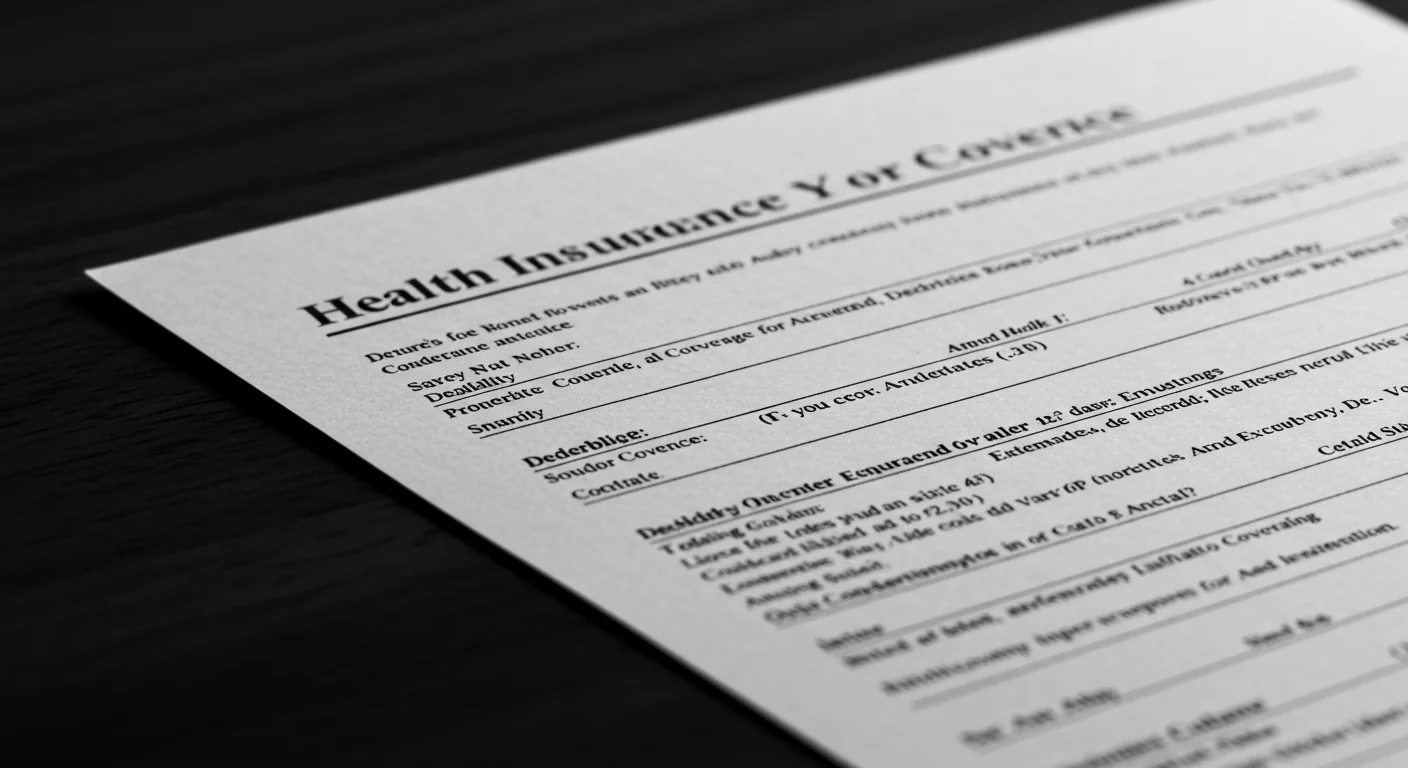In today’s fast-paced world, stress feels like that uninvited guest who just won’t leave the party. Whether it’s juggling work deadlines, family responsibilities, or that ever-growing to-do list, life can sometimes feel like a circus act gone wrong. But don’t worry—managing stress doesn’t have to involve a degree in Zen Buddhism or a lifetime supply of bubble wrap.
With the right strategies, anyone can turn stress from a chaotic beast into a manageable companion. From breathing techniques that could make a yoga master proud to finding humor in the chaos, effective stress management is all about finding what works best for you. So grab a cup of herbal tea, take a deep breath, and let’s dive into some practical tips that’ll help transform stress into a mere footnote in your busy life.
Table of Contents
ToggleUnderstanding Stress Management
Stress affects various aspects of daily life. Addressing it effectively requires insight into its definition and significance.
Definition of Stress
Stress refers to the body’s response to challenges or demands. Physical, emotional, or psychological factors trigger stress. Situations like workplace pressure, family obligations, or financial issues can provoke stress responses. Symptoms may include headaches, fatigue, or irritability. Individuals react differently, with some feeling overwhelmed while others find motivation in stressful situations. Recognizing stress is crucial for developing management strategies.
Importance of Stress Management
Effective stress management promotes mental and physical well-being. High stress levels contribute to issues such as anxiety, depression, and cardiovascular diseases. Prioritizing stress management enhances productivity and improves relationships. When people manage stress effectively, they’re more likely to handle challenges with resilience. Additionally, good stress management fosters better decision-making and increases overall life satisfaction. Implementing strategies to reduce stress can create a positive ripple effect in various life areas.
Techniques for Stress Management

Managing stress effectively involves various techniques that cater to physical, mental, and behavioral needs. These practical methods can transform stress from a major concern into a manageable aspect of daily life.
Physical Techniques
Engaging in regular physical activity offers one of the most effective ways to reduce stress. Activities like walking, jogging, or yoga release endorphins, which enhance mood. Stretching can alleviate muscle tension and improve circulation. Adequate sleep also directly impacts stress levels, so maintaining a consistent sleep schedule is crucial. Incorporating mindfulness practices, such as meditation or deep breathing, provides relaxation and promotes a sense of calm. Hydrating the body and consuming balanced meals further support physical well-being, leading to better stress management.
Mental Techniques
Cognitive strategies play a significant role in stress management. Practicing positive visualization can shift focus from stressors to desired outcomes. Journaling allows for reflection and clarification of thoughts, which can decrease anxiety. Another strategy includes setting realistic goals, which helps prevent feelings of overwhelm. Additionally, engaging in hobbies can serve as a mental escape. Applying mindfulness techniques fosters present-moment awareness, reducing rumination on stress-inducing thoughts. These mental approaches collectively contribute to a healthier mindset.
Behavioral Techniques
Changing behaviors can significantly alleviate stress. Time management skills are essential; prioritizing tasks and breaking them into manageable parts can enhance productivity. Learning to say no helps prevent overcommitment, which leads to stress. Establishing healthy boundaries in personal and professional relationships fosters balance. Seeking social support by connecting with friends or family can provide a necessary outlet. Participating in community activities can also create a sense of belonging, further reducing stress. Incorporating these behavioral adjustments leads to improved stress resilience.
Tools and Resources for Stress Management
Numerous tools and resources support effective stress management. Utilizing these options enhances personal well-being and promotes better coping strategies.
Apps and Technology
Mobile apps offer valuable assistance in managing stress. Mindfulness apps like Headspace and Calm guide users through meditation practices. Tracking applications such as Happify provide activities aimed at improving mental well-being. Furthermore, mood tracking tools allow individuals to monitor their emotional health. Effective use of technology can lead to increased awareness and understanding of stress triggers.
Books and Courses
Books provide insight into stress management techniques. Titles like “The Relaxation Revolution” explore various approaches to calming the mind and body. Online courses from platforms like Coursera teach essential stress reduction strategies. These resources help users develop skills for maintaining a balanced life. Engaging in learning enhances knowledge and provides actionable steps for managing stress effectively.
Benefits of Effective Stress Management
Effective stress management leads to significant advantages that enhance overall well-being. Prioritizing these benefits can help individuals navigate the challenges of daily life more effectively.
Improved Mental Health
Managing stress effectively significantly reduces anxiety and depression symptoms. It cultivates a more positive mindset, promoting emotional resilience. Engaging in stress management techniques often leads to better self-esteem and emotional stability. Positive visualization, mindfulness, and cognitive strategies encourage healthier thoughts. Many individuals experience a decrease in irritability and mood swings, creating a more balanced emotional landscape. Overall, improved mental health contributes to a better quality of life and enhanced personal relationships.
Enhanced Productivity
Prioritizing stress management directly influences productivity levels. Individuals who effectively manage stress often find it easier to focus and complete tasks efficiently. Clearer thinking emerges when stress is under control, enabling better decision-making. Utilizing techniques like time management and establishing boundaries prevents burnout. Engaging in regular exercise and maintaining a balanced diet further optimizes energy levels, promoting sustained concentration. Enhancing productivity in this way not only benefits personal achievement but also enriches professional performance.
Managing stress is essential for maintaining overall well-being. By recognizing stress triggers and implementing effective strategies, individuals can transform their lives. Simple techniques like mindfulness and humor can significantly improve one’s ability to cope with daily challenges.
Utilizing available resources such as mobile apps and online courses can further enhance stress management skills. As individuals prioritize their mental health, they’ll notice improvements in productivity and relationships. Ultimately, embracing these practices leads to a more balanced and fulfilling life.



